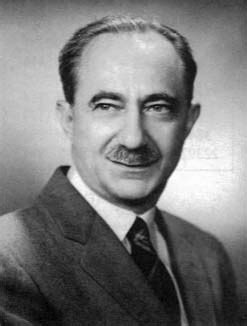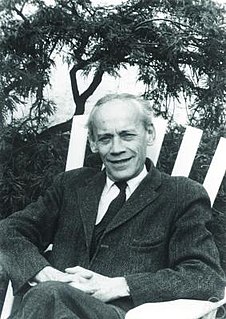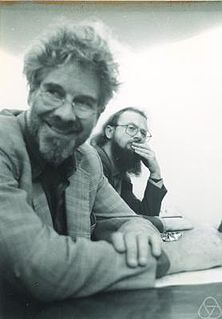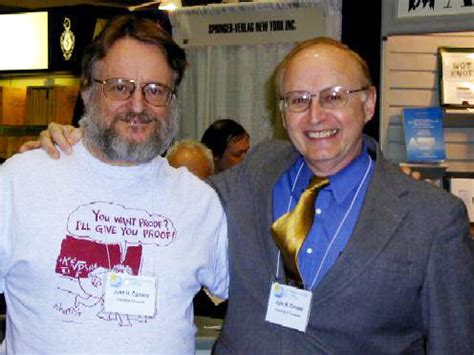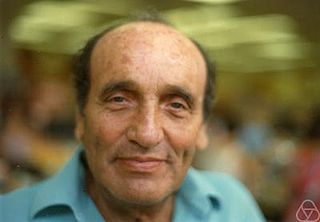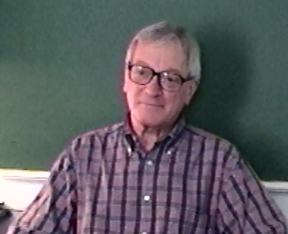A Quote by Morris Kline
Though determinants and matrices received a great deal of attention in the nineteenth century and thousands of papers were written on these subjects, they do not constitute great innovations in mathematics.... Neither determinants nor matrices have influenced deeply the course of mathematics despite their utility as compact expressions and despite the suggestiveness of matrices as concrete groups for the discernment of general theorems of group theory.
Related Quotes
It was not until some weeks later that I realized there is no need to restrict oneself to 2 by 2 matrices. One could go on to 4 by 4 matrices, and the problem is then easily soluable. In retrospect, it seems strange that one can be so much held up over such an elementary point. The resulting wave equation for the electron turned out to be very successful. It led to correct values for the spin and the magnetic moment. This was quite unexpected. The work all followed from a study of pretty mathematics, without any thought being given to these physical properties of the electron.
Mystery is an inescapable ingredient of mathematics. Mathematics is full of unanswered questions, which far outnumber known theorems and results. It's the nature of mathematics to pose more problems than it can solve. Indeed, mathematics itself may be built on small islands of truth comprising the pieces of mathematics that can be validated by relatively short proofs. All else is speculation.
Mathematics is not arithmetic. Though mathematics may have arisen from the practices of counting and measuring it really deals with logical reasoning in which theorems-general and specific statements-can be deduced from the starting assumptions. It is, perhaps, the purest and most rigorous of intellectual activities, and is often thought of as queen of the sciences.
General Systems Theory is a name which has come into use to describe a level of theoretical model-building which lies somewhere between the highly generalized constructions of pure mathematics and the specific theories of the specialized disciplines. Mathematics attempts to organize highly general relationships into a coherent system, a system however which does not have any necessary connections with the "real" world around us. It studies all thinkable relationships abstracted from any concrete situation or body of empirical knowledge.
